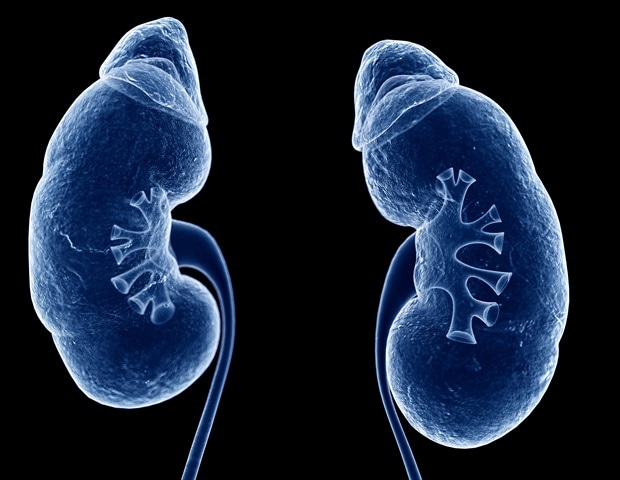Climate change is driving more extreme heat and more air pollution from wildfires, each of which put human health at risk. Now, new research funded by the federal Agency for Healthcare Research and Quality (AHRQ) and led by University of Maryland School of Public Health Professor Dr. Amir Sapkota, will study how these hazards independently and jointly impact already vulnerable groups, such as people living with end stage kidney disease (ESKD).
The researchers aim to identify preventative solutions. During extreme heat, the damaged kidneys of people with ESKD do not regulate fluid levels very well, leading to electrolyte imbalances and other potential complications." Dr.
Amir Sapkota, chair of the UMD SPH Department of Epidemiology and Biostatistics and an expert on climate change and health "Most people can cool down by staying hydrated, but the liquid intake of a person with dialysis is strictly monitored and limited, so this is not an option." Hemodialysis, or dialysis, filters waste and water from the blood, and requires multiple in-person treatments every week. The study is being conducted in partnership with investigators from Renal Research Institute (RRI), Indiana University School of Public Health, UMD School of Medicine and colleagues within the UMD School of Public Health.
Researchers will analyze 25 years of U.S. electronic health records data from Fresenius Medical Care (FMC), the world's largest provider of products and services for individuals with renal disease.


















